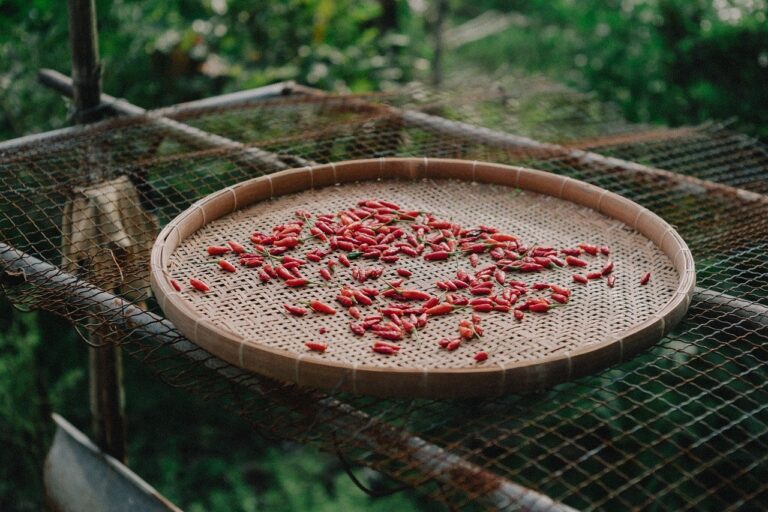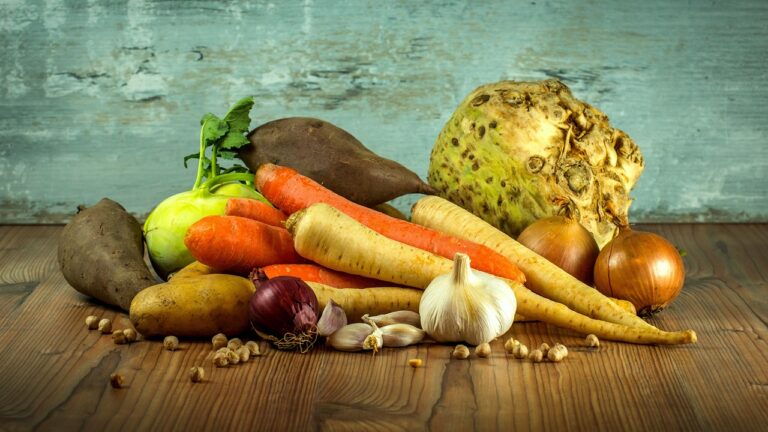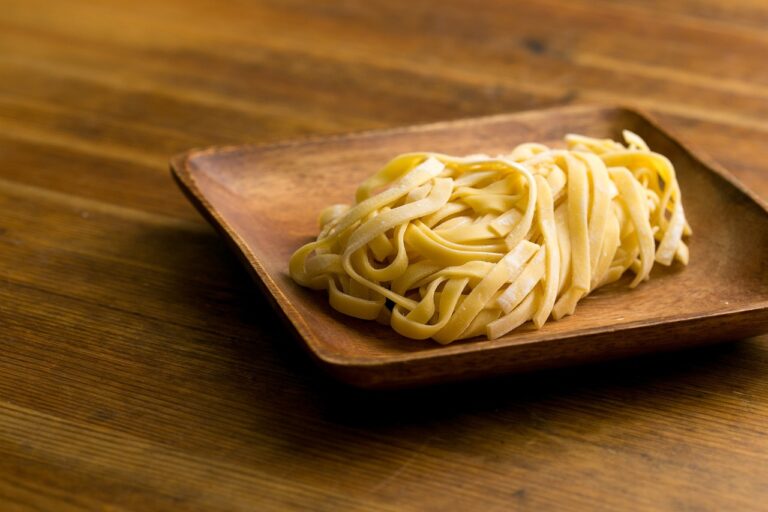Spices: Culinary Treasures for Flavor and Health
Spices, the aromatic and flavorful additions to our culinary creations, have been gracing kitchens and tables for centuries, transforming dishes into tantalizing feasts. From the pungent zest of ginger to the fiery embrace of chili peppers, spices not only enhance the taste experience but also boast an array of health benefits.
Spice Basics
Origins of Spices
- Originate from various parts of plants, including seeds, roots, bark, leaves, and flowers
- Cultivated in diverse regions around the globe, from the tropical rainforests of Asia to the sun-drenched fields of the Middle East
Types of Spices
- Whole spices: Dried and intact, retaining their natural flavors and aromas
- Ground spices: Pulverized into a fine powder for easy dispersion and intense flavor
- Blends: Combinations of different spices, pre-mixed for convenience and consistency
Culinary Applications
Enhancing Flavor
- Spices impart a wide range of flavors, from sweet and aromatic to pungent and spicy
- Combine and balance spices to create harmonious flavor profiles
- Experiment with different combinations to discover new taste sensations
Aromatics and Bouquets
- Aromatic spices like cloves, cinnamon, and cardamom release volatile compounds that create enticing aromas
- Use spices in soups, stews, and curries to build complex and layered bouquets
Food Preservation
- Some spices, such as nutmeg and clove, possess antimicrobial properties that help preserve food
- Used historically to inhibit spoilage and extend the shelf life of meats, fish, and vegetables
Health Benefits
Antioxidants and Inflammation
- Many spices are rich in antioxidants, which protect cells from damage caused by free radicals
- Antioxidants also help reduce inflammation, linked to a range of chronic diseases
Digestive Health
- Spices like ginger and cumin aid in digestion by stimulating digestive enzymes and reducing gas and bloating
- Caraway and fennel are effective remedies for indigestion and colic
Antimicrobial and Antiviral Properties
- Spices containing capsaicin (e.g., chili peppers), allicin (e.g., garlic), and curcumin (e.g., turmeric) have antimicrobial and antiviral qualities
- Can help boost the immune system and fight infections
Practical Tips for Using Spices
Guidelines for Use
- Add spices early in the cooking process to allow flavors to develop fully
- Start with small amounts and adjust seasonings to taste
- Be cautious with potent spices like chili peppers and black pepper
- Store spices in airtight containers away from light and moisture to preserve their potency
Essential Spices for Your Pantry
- All-purpose blends: Garam masala, curry powder, Italian seasoning
- Whole spices: Bay leaves, peppercorns, cloves, cinnamon sticks
- Ground spices: Paprika, turmeric, cumin, coriander, ginger powder
Conclusion
Spices are culinary treasures that not only elevate the taste of our food but also contribute to our well-being. With their diverse origins, types, and applications, spices offer a limitless palette for culinary exploration and health benefits. Whether used to enhance flavors, create aromatic bouquets, preserve food, or support our health, spices are invaluable additions to every kitchen. Embrace the culinary magic of spices, savor their flavors, and reap the rewards of their health-promoting power.
























